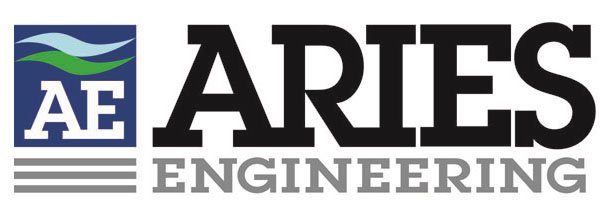Synthetic Organic Chemical Manufacturer
Problem Nature and Extent
The biodiesel production facility was operating under a State Permit to Operate for process emissions, but planned to expand the process and increase production.
The planned expansion would increase potential emissions, require an additional air pollution control device, and cause the facility to be considered a major source of air pollutants subject to Title V permitting requirements.
Solution
Aries assessed applicability of New Source Performance Standards (NSPS) and National Emission Standards for Hazardous Air Pollutants (NESHAP) to the biodiesel manufacturing process and associated equipment.
We prepared one of the most complex air permit applications reviewed by the state that included a process description, list of applicable process devices, federal and state regulation applicability determination, process emission estimates, and air dispersion modeling results.
We negotiated the conditions of the final air permit with New Hampshire Department of Environmental Services (NHDES) leading to issuance of the final air permit.
Following issuance of the final permit, Aries developed New Hampshire’s first Leak Detection and Repair (LDAR) program as required by federal rules.
We also assisted with other environmental compliance requirements including updating the site Spill Prevention Countermeasures and Control (SPCC) Plan, Emergency Planning and Community Right-to-Know Act (EPCRA) reporting, and assisting with Clean Air Act General Duty Clause requirements.
Related Services
Environmental Compliance Assistance


